It’s National Book Lover’s Day today, and though this glorious annual celebration of books is an unofficial date for our calendar, it’s one we’d like to raise a toast to nonetheless. Some might say that every day is a day for book lovers (hear, hear!), but for those who don’t have the time or opportunity to enjoy reading as much as they’d like to, National Book Lover’s Day is a welcome reminder to ditch the smartphone for a few hours and pick up a spellbinding novel instead.
This year, as well as sharing all the love for fellow bibliophiles and book shops, we started thinking about the books by women we’d be lost without: the books that defined our childhood; shaped our adolescence; and stuck with us firmly into adulthood – in all their well-thumbed glory.
Below are five of our most treasured reads that do just that. Let us know on our socials which books by women you’d be lost without – we’d love to hear from you.
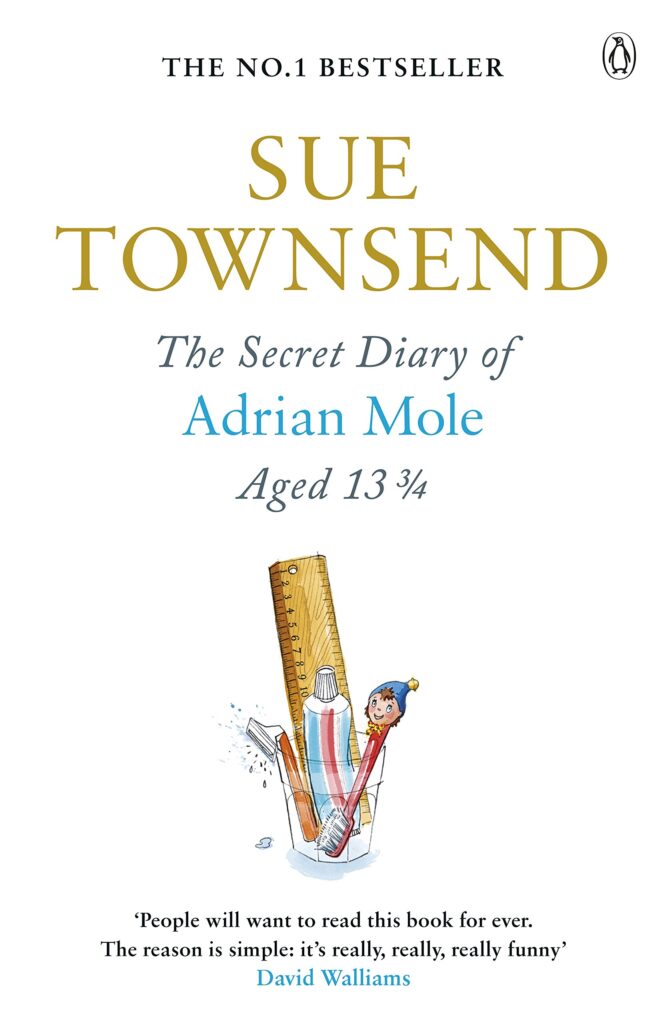
Friday January 2nd
I felt rotten today. It’s my mother’s fault for singing ‘My Way’ at two o’clock in the morning at the top of the stairs. Just my luck to have a mother like her. There is a chance my parents could be alcoholics. Next year I could be in a children’s home.
Meet Adrian Mole, a hapless teenager providing an unabashed, pimples-and-all glimpse into adolescent life.
Writing candidly about his parents’ marital troubles, the dog, his life as a tortured poet and ‘misunderstood intellectual’, Adrian’s painfully honest diary is still hilarious and compelling reading all these years after it first appeared.
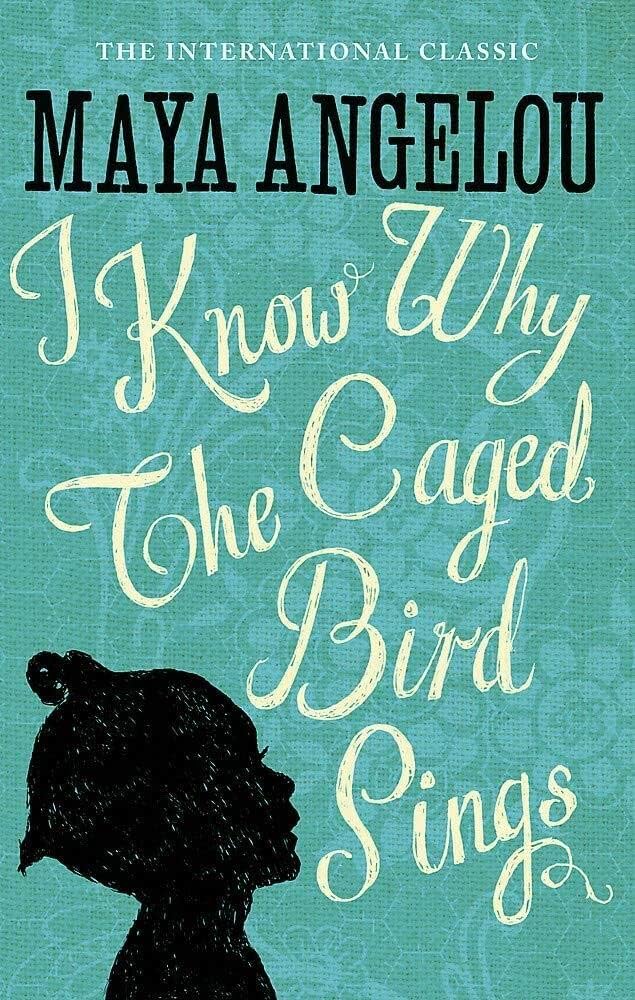
‘I write about being a Black American woman, however, I am always talking about what it’s like to be a human being. This is how we are, what makes us laugh, and this is how we fall and how we somehow, amazingly, stand up again’ – Maya Angelou
In this first volume of her seven books of autobiography, Maya Angelou beautifully evokes her childhood with her grandmother in the American south of the 1930s. Loving the world, she also knows its cruelty. As a Black woman she has known discrimination, violence and extreme poverty, but also hope, joy, achievement and celebration.
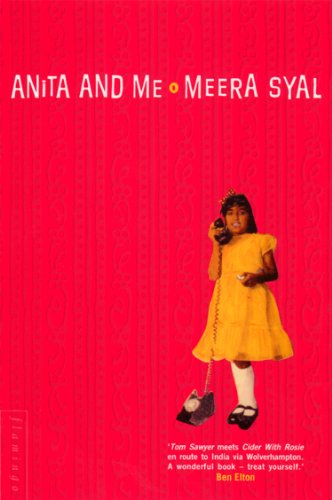
This poignant coming-of-age tale follows Meena, a young girl growing up in the only Punjabi family in a 1970s Black Country mining village. Meena spends her days happily getting into scrapes with the other local children until one day the impossibly cool Anita enters her life. Suddenly Meena knows exactly who she wants to be but is Anita all that she seems? Soon Meena’s world is turned upside down as she is caught between two very different cultures. Anita and Me paints a comic, poignant, compassionate and colourful portrait of village life in the era of flares, power cuts, glam rock, decimalisation and Ted Heath. It has been adapted for the stage by the multi-award-winning Tanika Gupta.
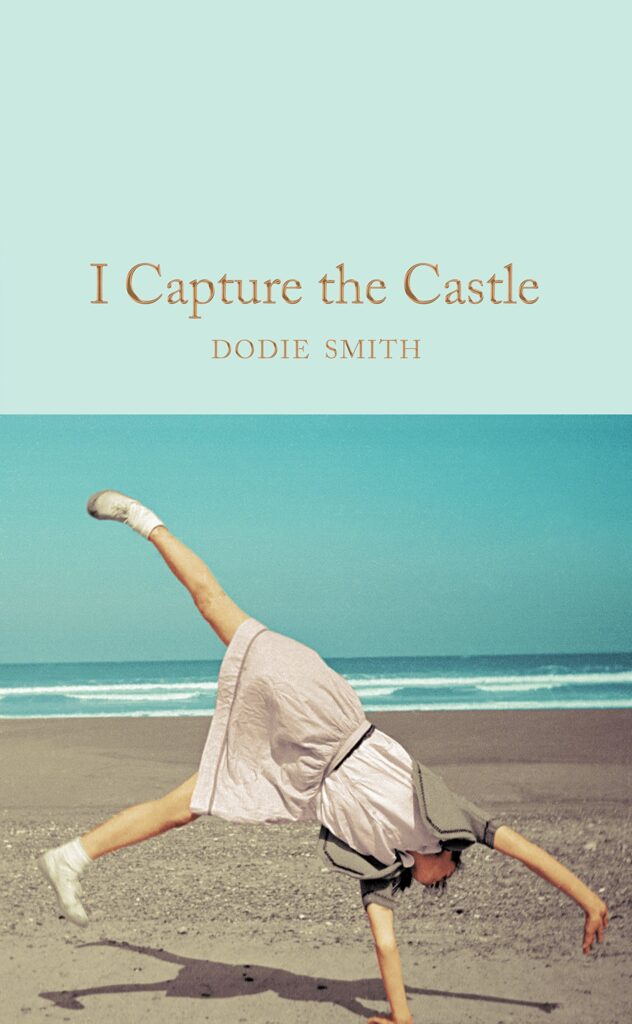
Cassandra Mortmain lives with her bohemian and impoverished family in a crumbling castle in the middle of nowhere.
Her journal records her life with her beautiful, bored sister, Rose, her fading glamorous stepmother, Topaz, her little brother Thomas, and her eccentric novelist father who suffers from a financially crippling writer’s block.
However, all their lives are turned upside down when the American heirs to the castle arrive and Cassandra finds herself falling in love for the first time.
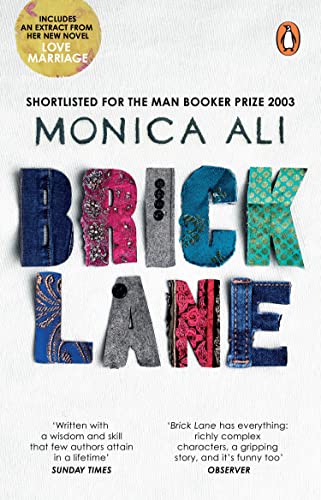
Still in her teenage years, Nazneen finds herself in an arranged marriage with a disappointed man who is twenty years older. Away from the mud and heat of her Bangladeshi village, home is now a cramped flat in a high-rise block in London’s East End. Nazneen knows not a word of English, and is forced to depend on her husband. But unlike him she is practical and wise, and befriends a fellow Asian girl Razia, who helps her understand the strange ways of her adopted new British home.
Nazneen keeps in touch with her sister Hasina back in the village. But the rebellious Hasina has kicked against cultural tradition and run off in a ‘love marriage’ with the man of her dreams. When he suddenly turns violent, she is forced into the degrading job of garment girl in a cloth factory.
Confined in her flat by tradition and family duty, Nazneen also sews furiously for a living, shut away with her buttons and linings – until the radical Karim steps unexpectedly into her life. On a background of racial conflict and tension, they embark on a love affair that forces Nazneen finally to take control of her fate.








